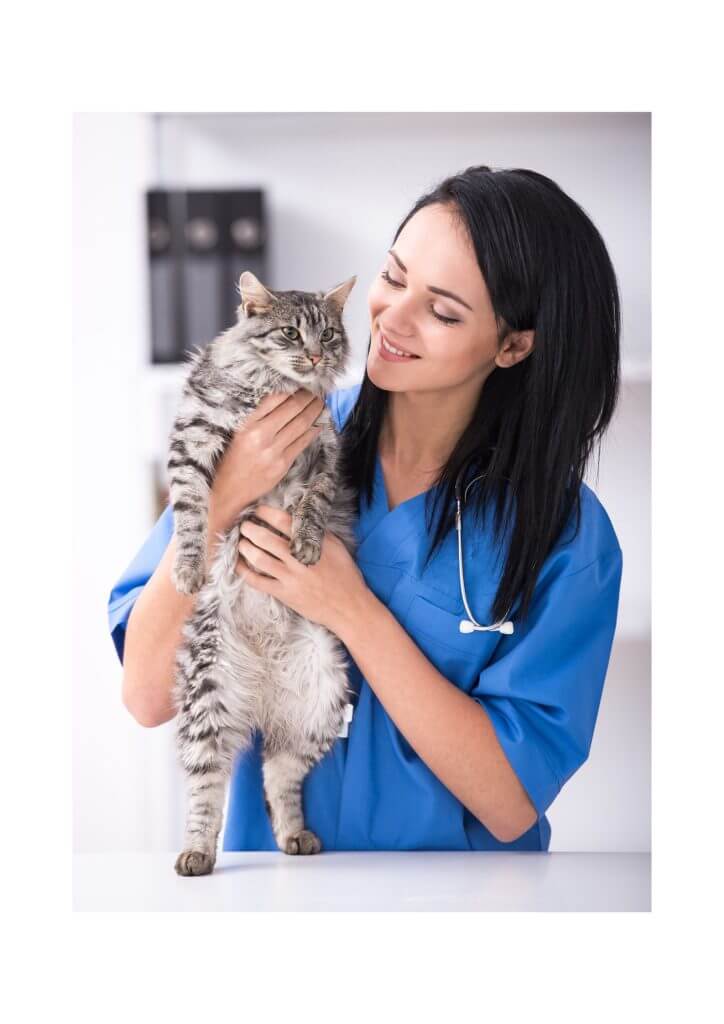
Veterinary paraprofessionals and veterinarians have a lot in common; in most cases, both enter the industry because they harbour a love of animals and want to make the world a better place for them. Whether one opts to become a vet nurse, vet tech or vet comes down to a number of factors, ranging from personal preference to academic aptitude.
In Australia, the main qualification to become a vet nurse is a Certificate IV in Veterinary Nursing, offered by many and in some cases also via online learning. Generally, the Certificate is completed while carrying out an on-the-job work placement that takes between one and three years to complete – depending on the institution’s course structure and whether you study full or part time.
Becoming a vet tech in Australia is on average a three year full-time university bachelor degree which confers high-level knowledge and practical skills in caring for all kinds of animals—from cats, dogs and horses, to farm animals, wildlife and exotic pets.
On the flip side, becoming a veterinarian takes between five and seven years of university study and you either need to complete an undergraduate degree in veterinary science, or study a science or medical degree and then continue on in a doctor of veterinary medicine program. There are seven universities that offer a veterinary science degree in Australia: Charles Sturt University, James Cook University, Murdoch University, University of Adelaide, University of Melbourne, University of Queensland and University of Sydney. Entry requirements for school-leavers are often very high, as is entry for mature-age applicants.
So the question is, can you go from being a vet nurse or vet tech to being a vet? While the simple answer is ‘yes’, the reality is a little more complicated.
How do you make the switch?
The difference between a vet nurse or tech and a vet is similar to the difference between a nurse and a doctor in a human healthcare practice. And just like this example, it is of course not as simple as ‘switching’ from one career to the other. All of these vocations require separate sets of qualifications, and while experienced vet nurses and vet techs are likely to have many practical skills that will assist in their work as a potential vet, they still need to complete the appropriate university degree.
Skill crossover
Once you have completed the necessary university qualifications to make your career change, the good news is that your practical skills garnered as a vet nurse or vet tech will definitely enhance your skills as a veterinary graduate, and you’ll find that many of the basic hands-on aspects of vet work are already familiar.
Here at VetPrac, we offer a range of courses and workshops suited to veterinary nurses, veterinary technicians and veterinarians. While some are aimed at specific professions, others span all roles and provide invaluable skills for anyone working in the veterinary profession.
For more information regarding VetPrac courses and workshops, click here.
